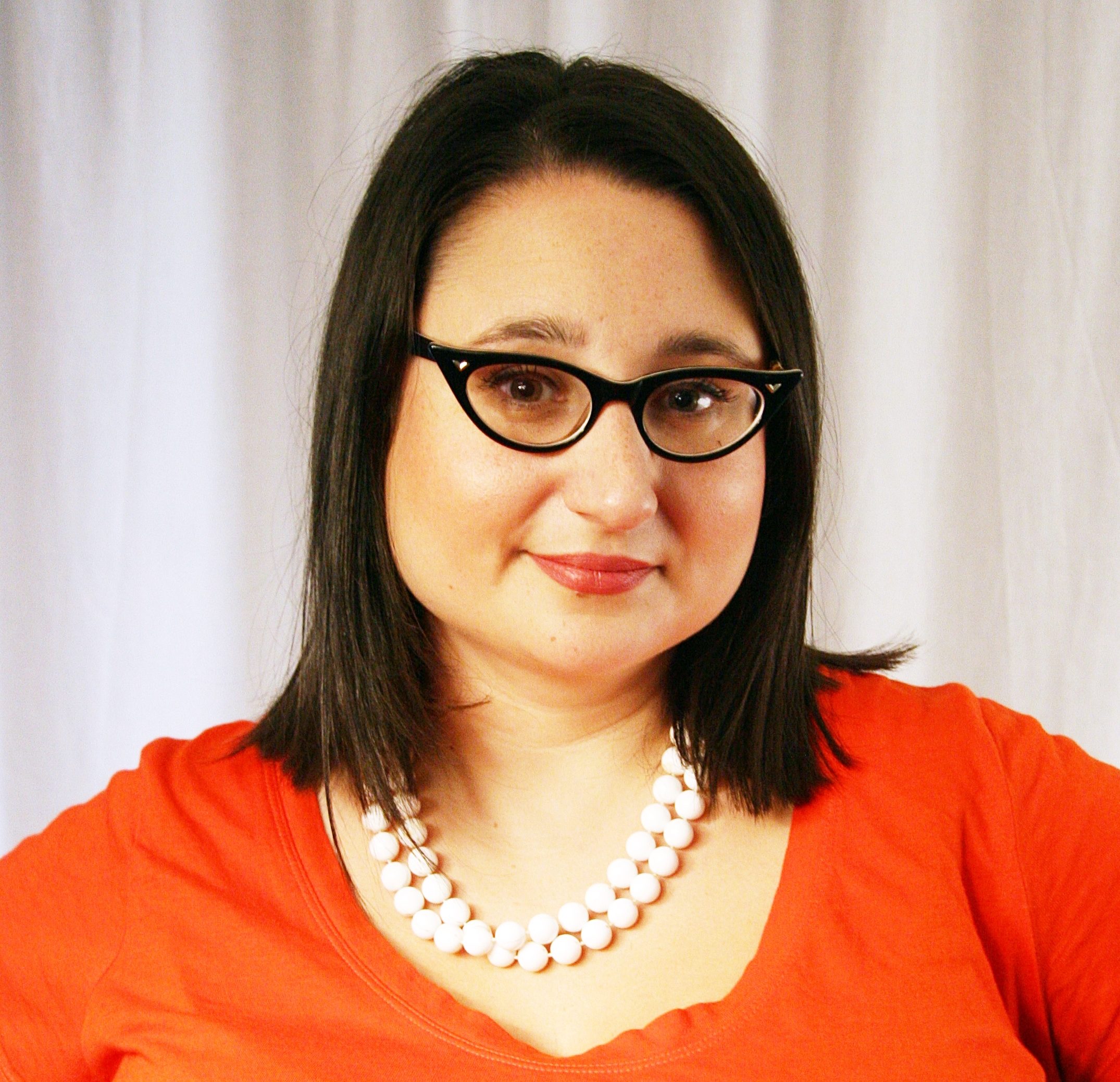Buying a first home used to be a rite of passage — a marker that our adult lives have begun. That’s not as much the case anymore. Only about one-third of millennials under the age of 35 owned a home at the end of 2018, down eight to nine percent from previous generations’ rates, according to research from the Urban Institute’s Housing Finance Policy Center.
That’s not necessarily a bad thing — not everyone needs or wants to own a home. The troubling part is that according to a new poll from Bankrate, around 63 percent of millennial homebuyers regret their big purchase. At the top of the list of their frustrations: underestimating all the hidden costs and fees associated with buying, owning, and maintaining a house.
Though these costs are usually unavoidable, there are ways to go into the process more prepared. Farnoosh Torabi, personal finance expert, author of the books You’re So Money and Psych Yourself Rich, and a Chase Financial Education Ambassador spoke with Thrive Global and shared some tips for how first-time millennial homebuyers can reduce the stress associated with those hidden costs. Here are her top three:
Think of a good credit score as a “hidden source of savings”
We get it: Credit scores are kind of intimidating, given how much of an impact they can have on your financial opportunities. But, Torabi points out, that three-digit number can also be a huge source of savings. The catch is, you have to be in good standing.
“We’re often focused on things like home prices and closing costs, but it’s helpful to know that the best interest rates on mortgages go to borrowers with minimum credit scores in the mid 700s,” she says, “And a lower interest rate can mean thousands of dollars saved in interest over the life of your mortgage.” So a great credit score is a hidden source of savings.
It’s important to check your credit score before you apply for a loan, Torabi notes. That way you’ll have the chance to improve it before it really counts.
And how do you boost your credit score? The best ways to start are to pay your bills on time and reduce your credit card balances, she adds.
Keep your furnishing costs down
With so much design inspo on sites like Houzz, Pinterest, and Instagram, it can be easy to get caught up in furnishing and decorating your new place. But unless you have the time to scour flea markets and estate sales on the weekends — or have very generous, gift-giving friends and family — the costs of home decor can really add up.
“There’s pressure to make our homes ‘gram worthy, and that can end up being a huge additional cost over time,” Torabi explains. “A way to save up for home furnishings is to use credit card points. I did this when we renovated our home a couple years ago, using points to purchase our dining room set,” she says.
Plan ahead for “the most expensive years”
Think you’re ready to buy a home? Make sure you have a plan. Torabi suggests doing the math and keeping in mind that having a down payment is not enough to make your first few years as a homeowner financially feasible.
“Calculate how you will fund those first two to three years of ownership, which for many are the most expensive,” she advises. “Also, remember to get an inspection before closing — always worth it.”
Lastly, Torabi stresses that you shouldn’t feel rushed into making a decision you’re not comfortable with, just because it’s a seller’s market.
Sure, no amount of planning can prepare you for the little surprises that pop up when buying your first home (hello, unexpected bathroom leaks), but going in fully aware of all the different costs and fees can make the sticker shock a little less painful — and a lot less stressful.
Follow us here and subscribe here for all the latest news on how you can keep Thriving.
Stay up to date or catch-up on all our podcasts with Arianna Huffington here.


